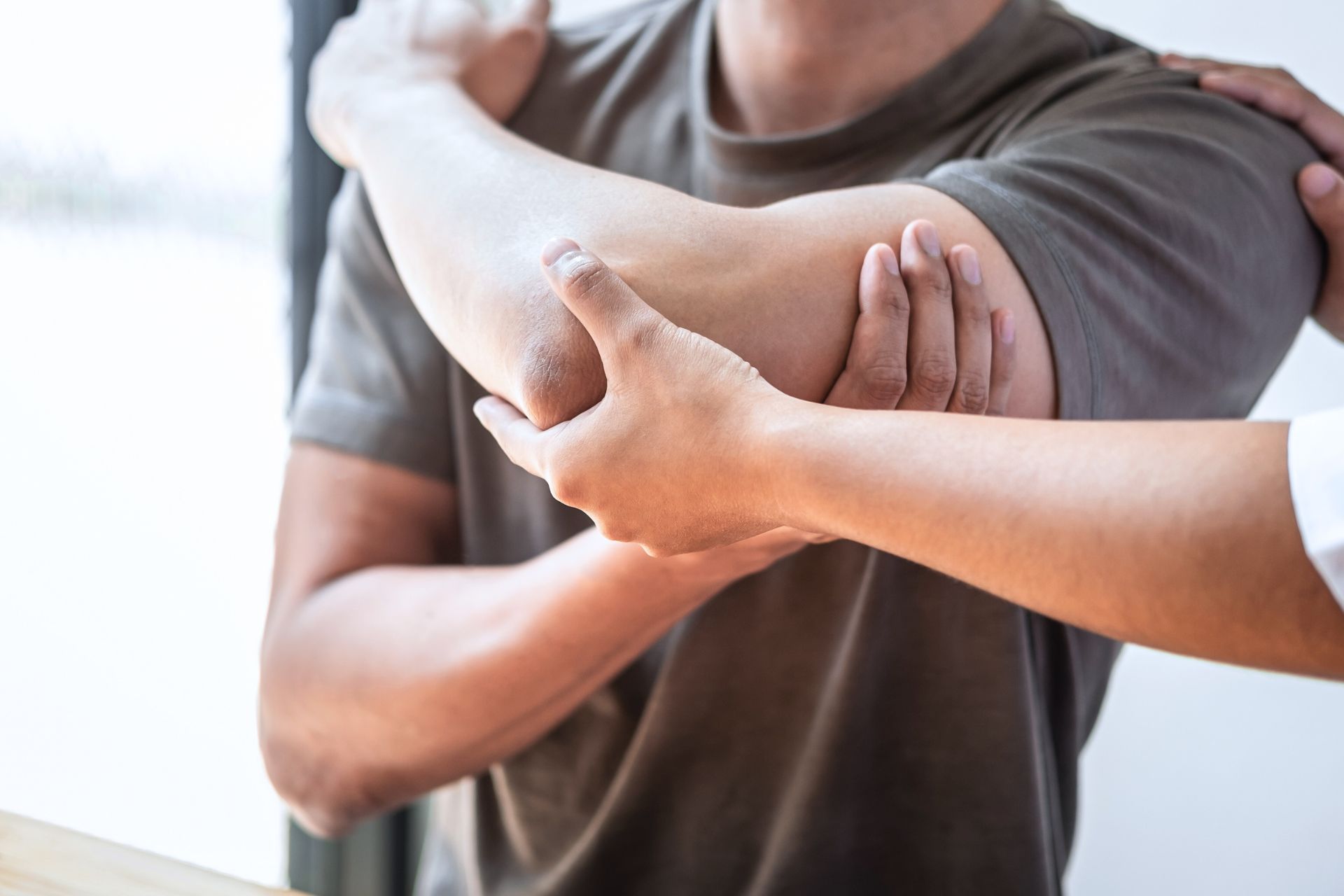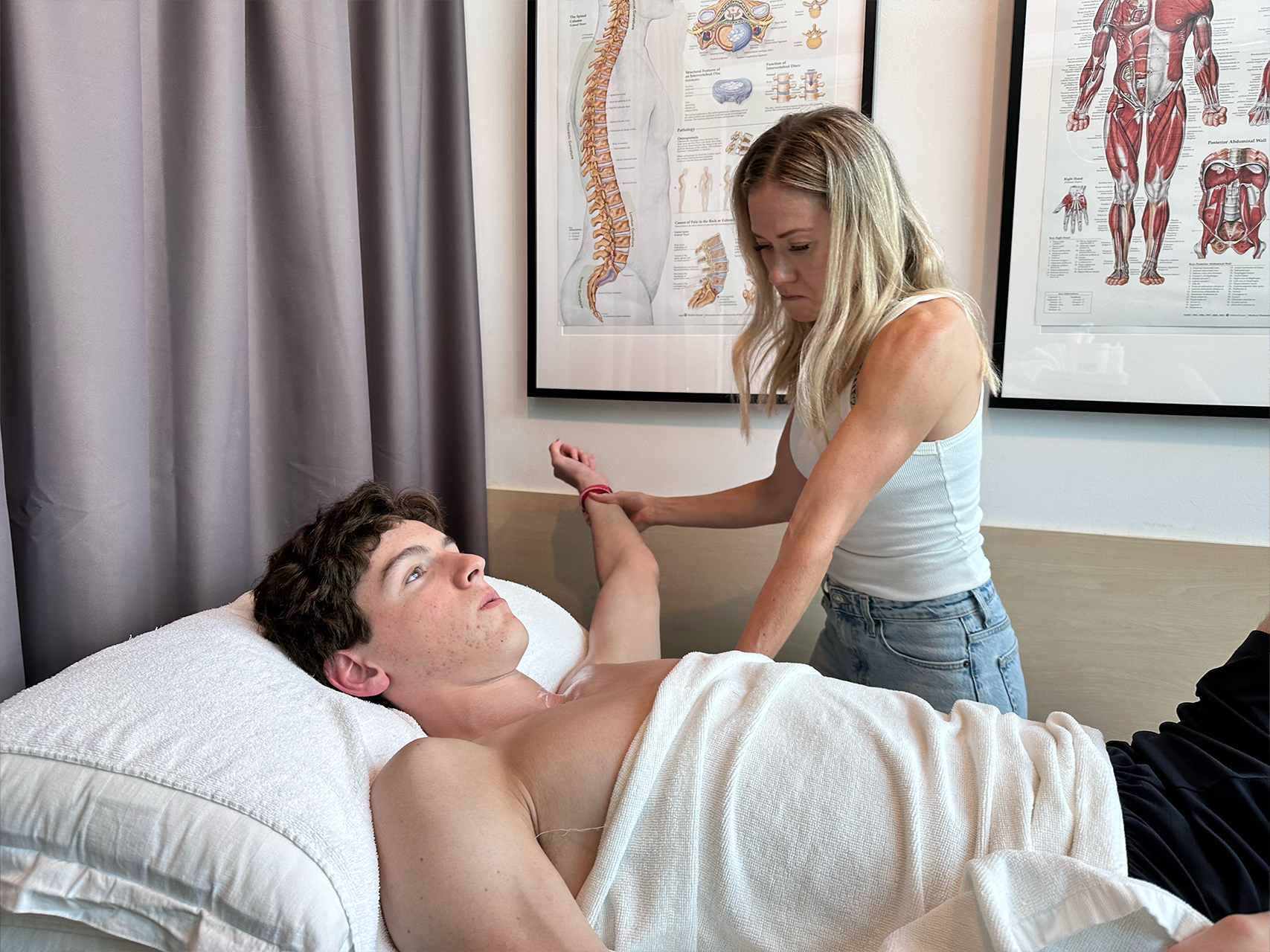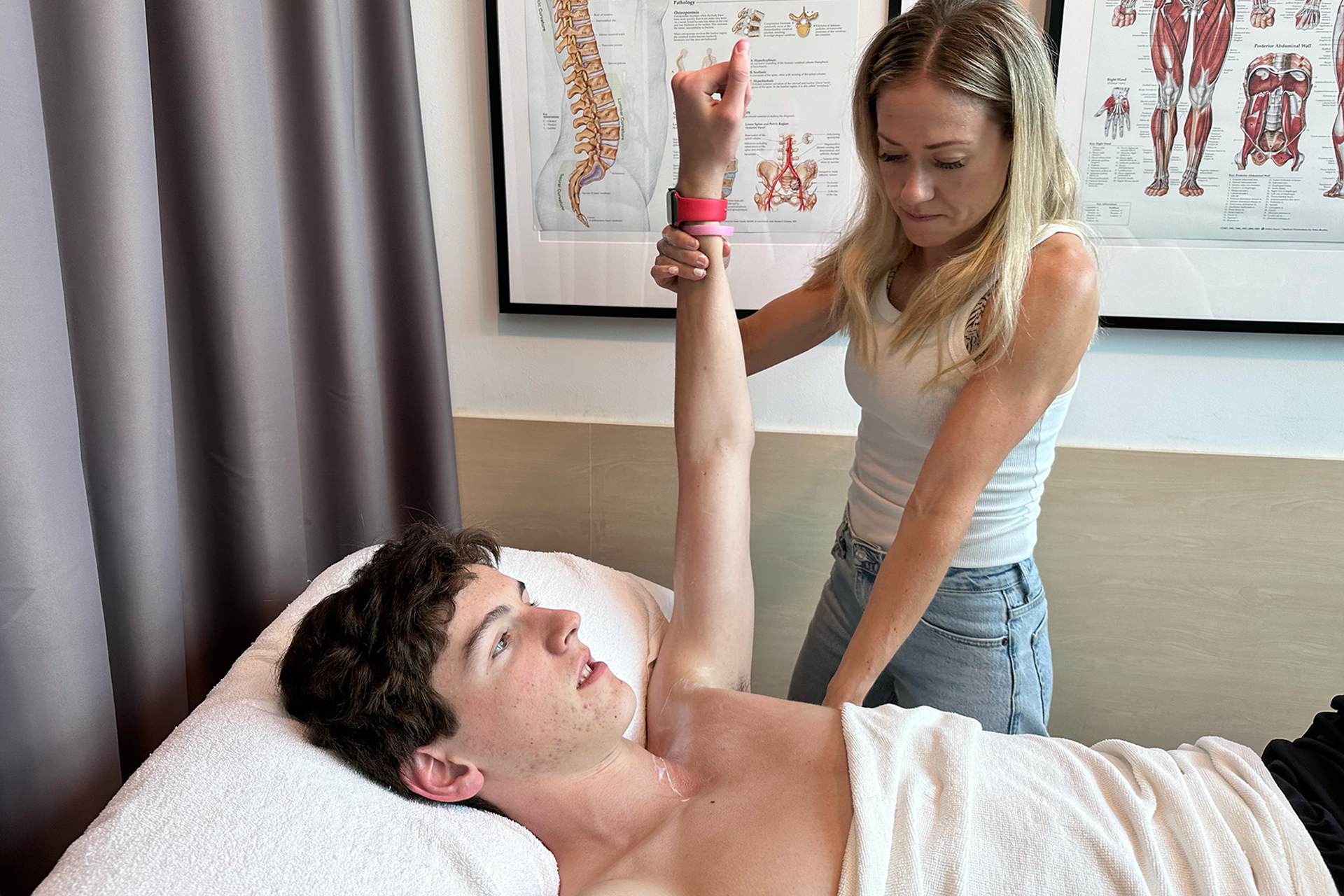|
Getting your Trinity Audio player ready...
|
I still remember the day I woke up with a sharp, stabbing pain in my elbow. I had been playing tennis regularly for months, but this was different. Every movement, from lifting my coffee cup to typing on my keyboard, felt like a chore. I couldn’t understand why my elbow was screaming in protest. It wasn’t until I visited my physiotherapist that I discovered I had tennis elbow, a condition that would change my life for the next few months.
Tennis elbow, also known as lateral epicondylitis, is a type of tendonitis that occurs when the tendons become inflamed, leading to pain and stiffness in the arm. It’s a common condition afflicting millions worldwide, not just tennis players. The pain can be so debilitating that it affects not only daily activities but also the ability to enjoy favourite hobbies and sports.
Causes of Tennis Elbow Pain
What causes this painful condition? Tennis elbow pain is often associated with repetitive strain injuries, particularly in sports that involve racquet swings, such as tennis, squash, and badminton. However, it can also affect people who engage in repetitive gripping, twisting, or bending activities, such as golf, baseball, and even gardening.

The symptoms of tennis elbow can vary from person to person. Common signs include pain or tenderness on the outside of the elbow, tennis elbow extreme pain, weakness or stiffness in the arm, difficulty gripping or twisting objects or pain that worsens with activity and only improves with rest.
Overcoming Tennis Elbow
While tennis elbow can be frustrating and painful, there is hope for recovery.
At HelloPhysio, we understand the frustration and discomfort of tennis elbow pain, or even extreme pain. That’s why our team of experienced physiotherapists takes a comprehensive approach to address this common musculoskeletal issue. The journey begins with a thorough assessment, where we delve into the details of your pain, its impact on your daily activities, and the specific movements or activities that trigger or relieve the discomfort. This allows us to pinpoint the root cause of the issue and develop a personalized treatment plan tailored to your unique needs.
Our manual physiotherapy techniques play a crucial role in addressing poor biomechanical movement patterns that contribute to the development of tennis elbow. Using these techniques can help restore proper movement and reduce the strain on your elbow. However, we don’t stop there. We also incorporate a range of adjunctive therapies to enhance the healing process and provide optimal relief from pain and inflammation.
One such therapy is INDIBA® Activ cellular repair technology, which stimulates tissue regeneration, accelerates recovery and activates the body’s anti-inflammatory and tissue recovery processes. We also utilize Extracorporeal Shockwave Therapy to encourage soft tissue healing and break down calcification near bone structures, which can be particularly beneficial for tennis elbow and tennis elbow extreme pain. Additionally, our sports massage therapy helps to reduce pain and inflammation by increasing blood flow to the affected area.

Other therapies we may incorporate include MAGNETOLITH, which reduces pain and inflammation and accelerates healing for musculoskeletal disorders like tennis elbow. Red Light Therapy works at the cellular level to enhance mitochondrial function, boost energy, and accelerate collagen production, aiding in healing. Clinical Pilates provides controlled movements to activate anti-inflammatory cellular processes and stimulate the production of cytokines that help regulate local and systemic inflammation. Finally, dry needling uses thin monofilament needles to create microtears, inducing myofascial release and triggering the body’s natural immune response to repair tissue.
In addition to these therapies, we prescribe exercises to strengthen the forearm muscles, improve range of motion, and reduce pain. These exercises include wrist extension, pronation to supination, and forearm stretches. We also guide lifestyle adjustments to reduce stress on the elbow, such as taking regular breaks, avoiding aggravating activities, and using proper techniques for lifting and gripping.
At HelloPhysio, we aim to provide a tennis elbow treatment that addresses tennis elbow pain’s physical, emotional, and lifestyle aspects. By combining our expertise in manual physiotherapy with the latest adjunctive therapies, we empower our patients to overcome their tennis elbow extreme pain and return to their active lifestyles with confidence and ease.
Road to Recovery
Recovering from tennis elbow requires patience, persistence, and the right treatment plan. By understanding the causes and symptoms of this condition, you can take the first step towards overcoming the tennis elbow pain and getting back to your active lifestyle.
So, don’t let tennis elbow hold you back any longer. Seek attention from a healthcare provider like our senior physiotherapists at HelloPhysio, follow our comprehensive treatment plan, and remember that with time and effort, you can overcome the painful condition of tennis elbow and return to the activities you love.

